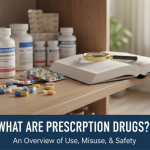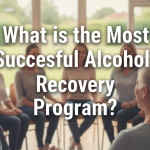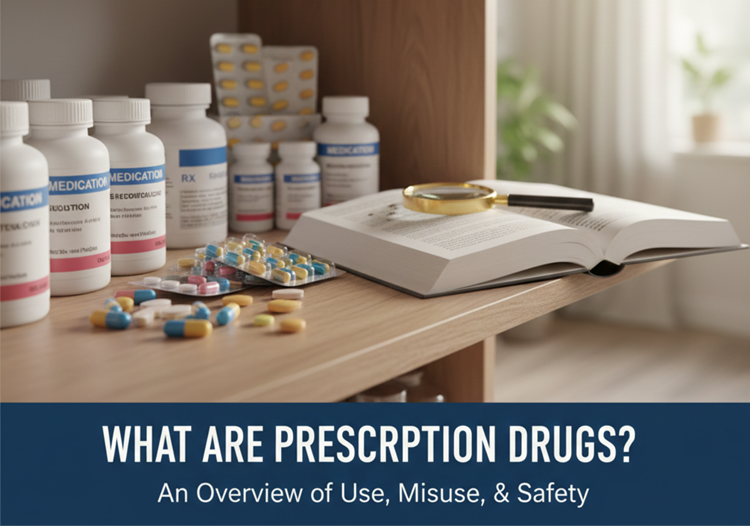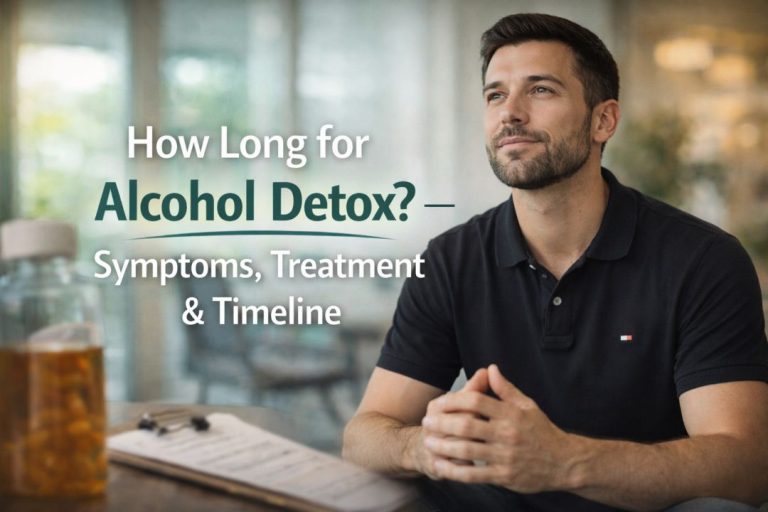For individuals navigating addiction, finding the right level of care is critical. While inpatient or residential care may seem like the gold standard, it’s not always necessary or even the best choice in each case. That’s where intensive outpatient programs (IOPs) come in.
An intensive outpatient program is a structured, clinically supervised program designed to support individuals dealing with substance use and mental disorders without requiring full-time hospitalization. IOPs typically involve a specified number of hours per week, often ranging from 9 to 20. They offer a robust, research-backed treatment model that bridges the gap between inpatient and outpatient settings.
If you’re exploring options for substance abuse treatment services, here are five reasons why an IOP might be the most effective and flexible solution.
1. Structured Support Without Full-Time Commitment
Residential treatment programs require patients to live at a facility full-time. Unlike inpatient care, IOPs enable participants to maintain their day-to-day responsibilities—such as work, school, or caregiving—while still receiving high-quality, comprehensive care. Participants typically attend programming multiple times a week, with each session lasting several hours. According to the Substance Abuse and Mental Health Services Administration (SAMHSA), this level of care has proven effective in treating substance use and mental health disorders, especially for those in early recovery or transitioning out of inpatient care. IOPs often include:- Group and/or family therapy
- Psychoeducation about substance use
- Relapse management and coping strategies
- Individual counseling
2. Evidence-Based Outcomes and Measurable Success
Intensive outpatient treatment has a substantial body of evidence demonstrating its effectiveness as a level of care. One study found that intensive outpatient programs assessing treatment for cocaine dependence yielded outcomes comparable to inpatient care in terms of substance use reduction and sustained recovery. Similarly, comprehensive research showed that the severity of SUD symptoms declined when people attended IOPs. Whether the concern is alcohol and drug use, co-occurring mental health issues, or relapse risk, IOPs deliver statistically significant improvements in treatment outcomes. Other intensive research studies have consistently supported IOPs’ effectiveness, especially for those with certain types of SUD.100% Confidential Support is Available 24/7
No matter what you’re going through, you’re not alone. Our dedicated team is here to provide a safe, judgment-free space where you can talk openly and honestly. Whether you need emotional support, resources, or just someone to listen.
We’re here for you—completely confidential and always respectful of your privacy. Call us today!
3. Integrated Treatment for Co-occurring Mental Health Issues
According to the Center for Substance Abuse Treatment, about half of people with substance use disorders also experience a co-occurring mental health condition, such as depression, anxiety, PTSD, or bipolar disorder. Treating one without the other often leads to relapse. IOPs are specifically designed to manage these dual diagnoses. They provide substance abuse and mental health services under one roof. These programs also ensure that underlying psychiatric issues are addressed alongside addiction. This is crucial, as research shows that substance use disorders or co-occurring mental and substance conditions significantly impact the severity of an addiction. IOPs offer:- Psychiatric evaluation and medication management
- Trauma-informed therapy
- Stress management and emotional regulation skills
Contact Solutions Healthcare
Battling with Drug and Alcohol Addition? Remember, you are not alone and we are here to help you!
4. Cost-Effective Without Compromising Quality
Residential and inpatient treatment programs can cost tens of thousands of dollars per month. This can make them inaccessible, especially without insurance or substantial personal savings. On the other hand, IOPs deliver many of the same therapeutic care at a lower cost.. For many, IOPs serve as a practical and sustainable middle ground, combining accessibility, affordability, and evidence-based care.5. Support Networks That Extend Beyond Treatment
One of the defining features of intensive outpatient care is its emphasis on community and social support. IOPs often utilize group therapy, peer-led sessions, and family education, providing a community of individuals facing similar challenges. This model offers several advantages:- Shared accountability and motivation
- Opportunities to build sober relationships
- Safe space to discuss setbacks and celebrate progress
Is an Intensive Outpatient Program Right for You?
It can be challenging to determine the right level of care for each person. Things to consider include the severity of the addiction, the presence of co-occurring mental health issues, and the individual’s support system and obligations. But for many, IOPs strike a powerful balance between flexibility and structure, offering real-world recovery tools with professional guidance. If you’re considering an intensive outpatient program for yourself or a loved one, look for programs that are licensed, accredited, and grounded in evidence-based practices. Ask about their approach to early-stage relapse management, family involvement, and ongoing aftercare planning.100% Confidential Support is Available 24/7
No matter what you’re going through, you’re not alone. Our dedicated team is here to provide a safe, judgment-free space where you can talk openly and honestly. Whether you need emotional support, resources, or just someone to listen.






















